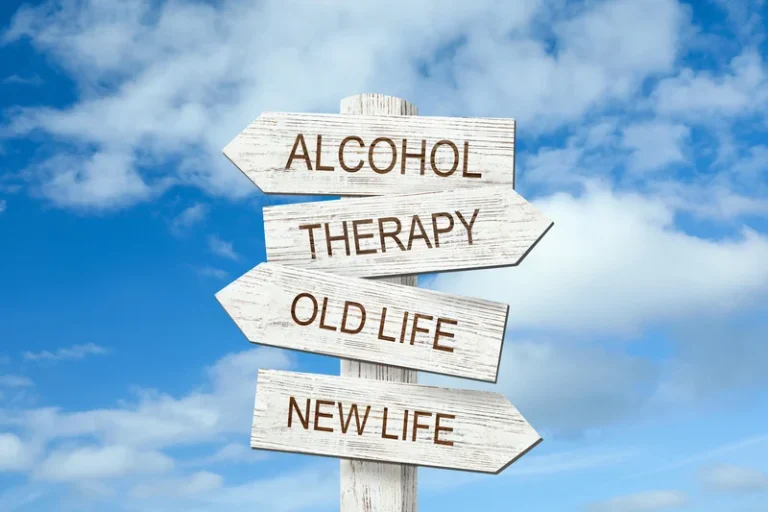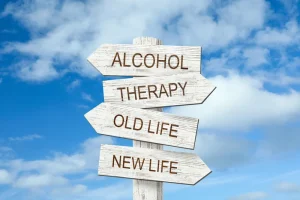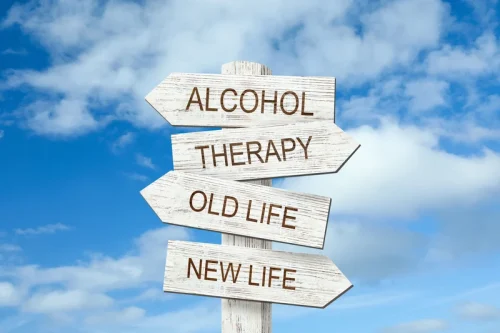
Learning how alcohol affects your body can help you make the right choices. Drinking a lot of alcohol over a long period of time can damage your liver (cirrhosis). If this happens, your body may lose its natural response to protect itself from low blood sugar.
- If you have a history of depression or depressive symptoms, drinking alcohol can worsen your condition.
- High concentrations of ethanol may lead to reduced insulin binding 13 and inhibition of intracellular signalling related to that of insulin 14.
- If you have one or more drinks a day, you may find that your A1C is lower than during times you weren’t drinking.
- Each month, ODPHP features select National Health Observances (NHOs) that align with our priorities for improving health across the nation.
Latest from Bay of Plenty Times
When it is busy doing this, it does not release stored carbohydrates to maintain blood sugar, https://ecosoberhouse.com/success-story/mikes-success-story/ meaning that blood sugar levels can drop to dangerous levels. That’s why it’s best to talk with your healthcare provider about drinking alcohol when you have diabetes and how (or whether) you can do it safely. Managing stress is crucial for controlling blood sugar levels, as stress hormones can increase glucose production and decrease insulin sensitivity. When these hormones remain elevated, they can exacerbate blood-sugar issues.

National Health Observances Archive

When consumed with food, an occasional drink is OK, and if you choose wisely, it may have some positive effects on health. Take a look at the numbers and you’ll find that only moderate drinkers have less cardiovascular disease. Those on the opposite ends of the spectrum—people that drink heavily and those that don’t—have a greater risk.
Moderate Carbohydrate Intake
Some diabetes pills (including sulfonylureas and meglitinides) also lower blood glucose levels by stimulating the pancreas to make more insulin. Combining the blood-sugar-lowering effects of the medication with alcohol can lead to hypoglycemia or “insulin shock,” which is a medical emergency. Over time, excessive alcohol consumption can reduce the overall effectiveness of insulin. Many people with alcoholic liver disease also have either glucose intolerance or diabetes. Your liver releases glucose into your blood stream as needed to help keep your blood sugar at normal levels. As a result, your blood sugar level can drop quickly, putting you at risk for low blood sugar (hypoglycemia).
- The glucose-lowering effect of alcohol is not restricted to the peak of drunkenness — it actually peaks hours later.
- Your healthcare provider will tell you how much alcohol is safe for you to drink.
- The letter is known to cause insulin resistance by reducing stimulated glucose uptake, which most likely accumulated in the lipid inside the muscle cell 28.
- This can lead to a drop in blood sugar levels if you are drinking alcohol on an empty stomach.
- The reason is that ROS production is one of the earliest events in glucose intolerance, through mitochondrial dysfunction.
Can You Drink Safely With Type 2 Diabetes?
The ADA also states that a drink or two may improve insulin sensitivity and sugar management. When people with type 2 diabetes drink alcohol, it comes with risks. However, it does not mean people with type 2 diabetes cannot drink alcohol.
- That’s why alcohol is often called “empty calories.” When your liver breaks down alcohol, it turns the alcohol into fat.
- But if you don’t drink regularly, this doesn’t mean you should start.
- The Department of Veterans Affairs (DVA) warns that individuals with diabetes may have other conditions that alcohol could affect.
- For this reason, you should never drink alcohol when your blood glucose is already low.
- But if you do have diabetes, drinking safely involves more planning.
- Moderate alcohol consumption, therefore, does not need to result in large carb counts.
- However, some studies don’t account for frequency, the population being studied, and the types of beverages consumed.
- Prior to this, he was Chief of Pediatric Endocrinology at Tripler Army Medical Center in Hawaii.
Depending on the severity of someone’s alcohol use disorder, they may choose to seek inpatient or an outpatient treatment. Withdrawal symptoms from alcohol can be extremely painful and sometimes life-threatening, so if detox is needed, it is recommended to undergo treatment in a facility providing around-the-clock medical diabetes and alcohol supervision. Patients with type 2 diabetes using insulin will need to be mindful of hypoglycemia, have fast-acting carbohydrates available, and should have someone who understands the signs and symptoms of hypoglycemia to help.






0 Comments